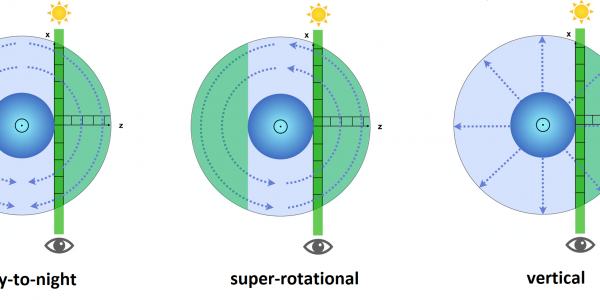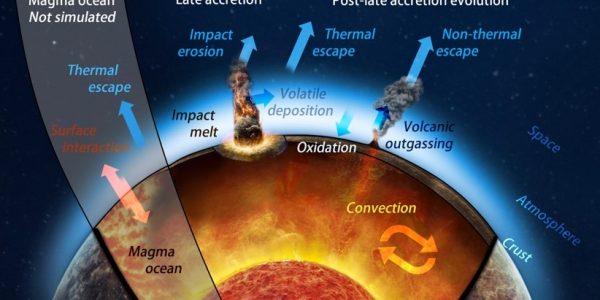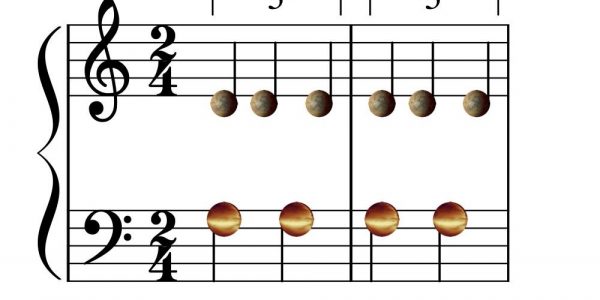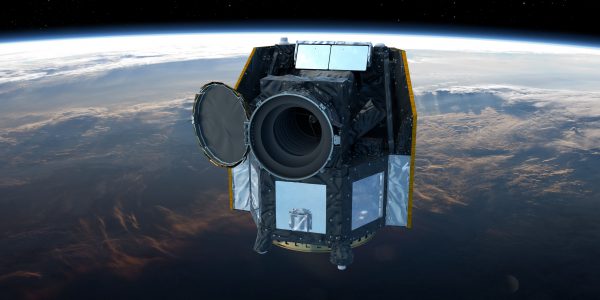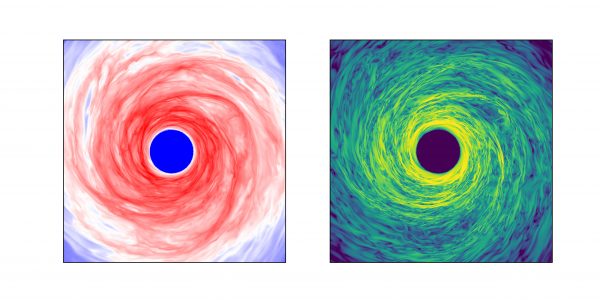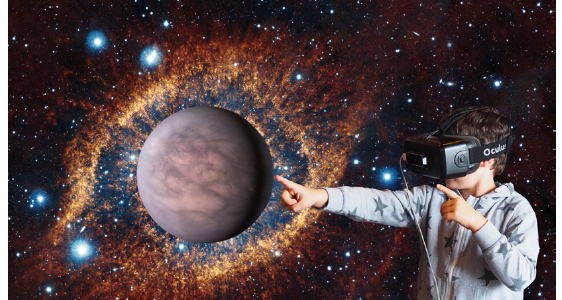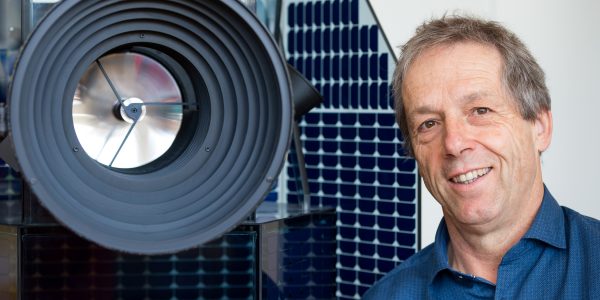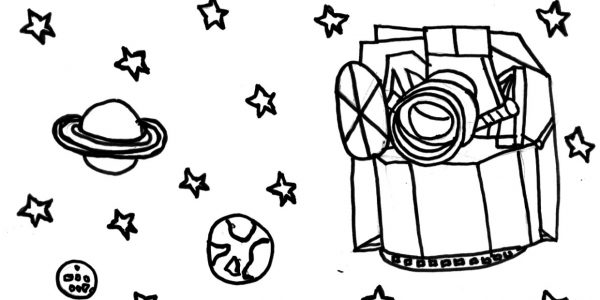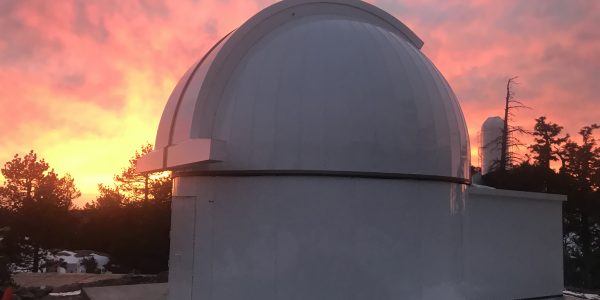News
Venture Kick : CHF 5,000,000 to kick Swiss startups to global markets The philanthropic initiative Venture Kick provides up to CHF 150,000 in seed funding to Swiss startups. In addition, it offers a well-structured entrepreneurial path towards building a winning business. Startups pitch to expert juries at three stages to obtain funding, gaining direct feedback, […]
Continue ReadingOtherworldly winds
A group of scientists led by the NCCR-PlanetS and the University of Geneva, investigated wind patterns of an exoplanet with extreme conditions. Their insights may also help us understand the atmospheres of other worlds. Including our own. Imagine you were looking down upon the Earth from space. Your task would be to discern the general […]
Continue ReadingWhy Earth is the Blue Planet
An international team of scientists, with participation of PlanetS and ETH Zurich, investigated the origin of water on Earth. Their results suggest that it has been here all along. Is the abundance of water on Earth special? The exploration of other rocky planets and their discovered lack of surface water indicates that it is indeed. […]
Continue ReadingSix planets (almost) in rythm
An international team lead by researchers of PlanetS and the University of Geneva has discovered a six-planets system. Almost visible to the naked eye in the Draco constellation, the star HD 158259 has been observed for the last seven years by astronomers using the SOPHIE spectrograph. This instrument, installed at the Haute-Provence Observatory in the […]
Continue ReadingCHEOPS space telescope ready for scientific operation
CHEOPS has reached its next milestone: Following extensive tests in Earth’s orbit, some of which the mission team was forced to carry out from home due to the coronavirus crisis, the space telescope has been declared ready for science. CHEOPS stands for “CHaracterising ExOPlanet Satellite”, and has the purpose of investigating known exoplanets to determine, […]
Continue ReadingScientists achieve simultaneous simulation of gravitation and magnetism of a protoplanetary disk
Researchers from the Universities of Zurich and Cambridge have succeeded for the first time in creating a single computer-simulated model that combines processes in the development of planets that were previously simulated separately. In their novel simulations on the “Piz Daint” supercomputer, they identified a new kind of friction mechanism that could solve a ubiquitous […]
Continue ReadingExplore the universe from home with PlanetS
For weeks we have been spending most of our time at home. We are distancing ourselves from each other, trying to get the Corona crisis under control. That brings with it many challenges. Schools, for example, now often rely on online lessons. But that doesn’t work smoothly everywhere and in some places lessons are cancelled. […]
Continue ReadingEditorial
Living in the days of the Coronavirus is not easy. As many aspects of society shut down in an effort to slow down the progression of the virus, it is difficult to maintain scientific activities. No lectures or colloquia anymore, conferences and schools are cancelled, observatories are restricting operations… Business as usual is no more. […]
Continue ReadingCHEOPS first check-up
After months of uncertainty about the launch date of the CHEOPS satellite, the launch date was finally set for December 17, 2019. A delegation from the Universities of Bern and Geneva were on hand on the scheduled date to attend this unique event in Swiss space history. Although the launch was delayed by 24 hours […]
Continue ReadingQuestioning theory can be worth it
Where few thought to look, the PlanetS co-funded telescope “SAINT-EX” is searching for new worlds. After a year of operation, the project has brought some exciting first results. Atop a mountainous region, nearly three kilometers above sea level, overlooking pine forests and impressive rock formations it lies: The National Astronomical Observatory of Mexico in San […]
Continue Reading

